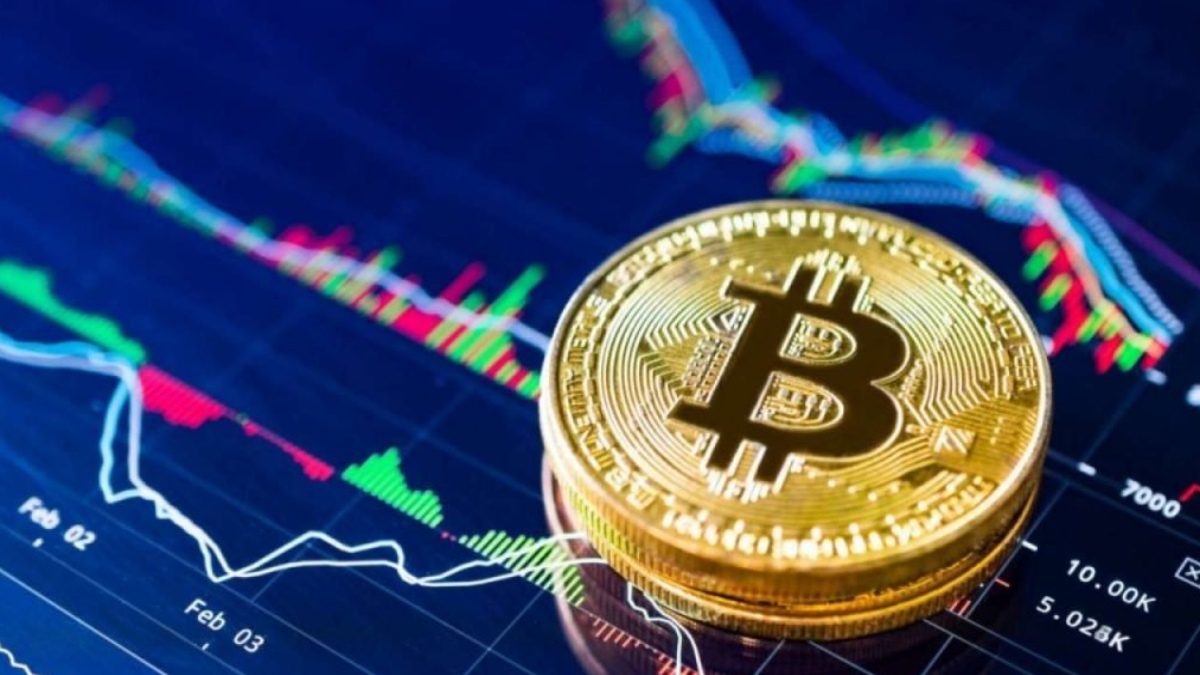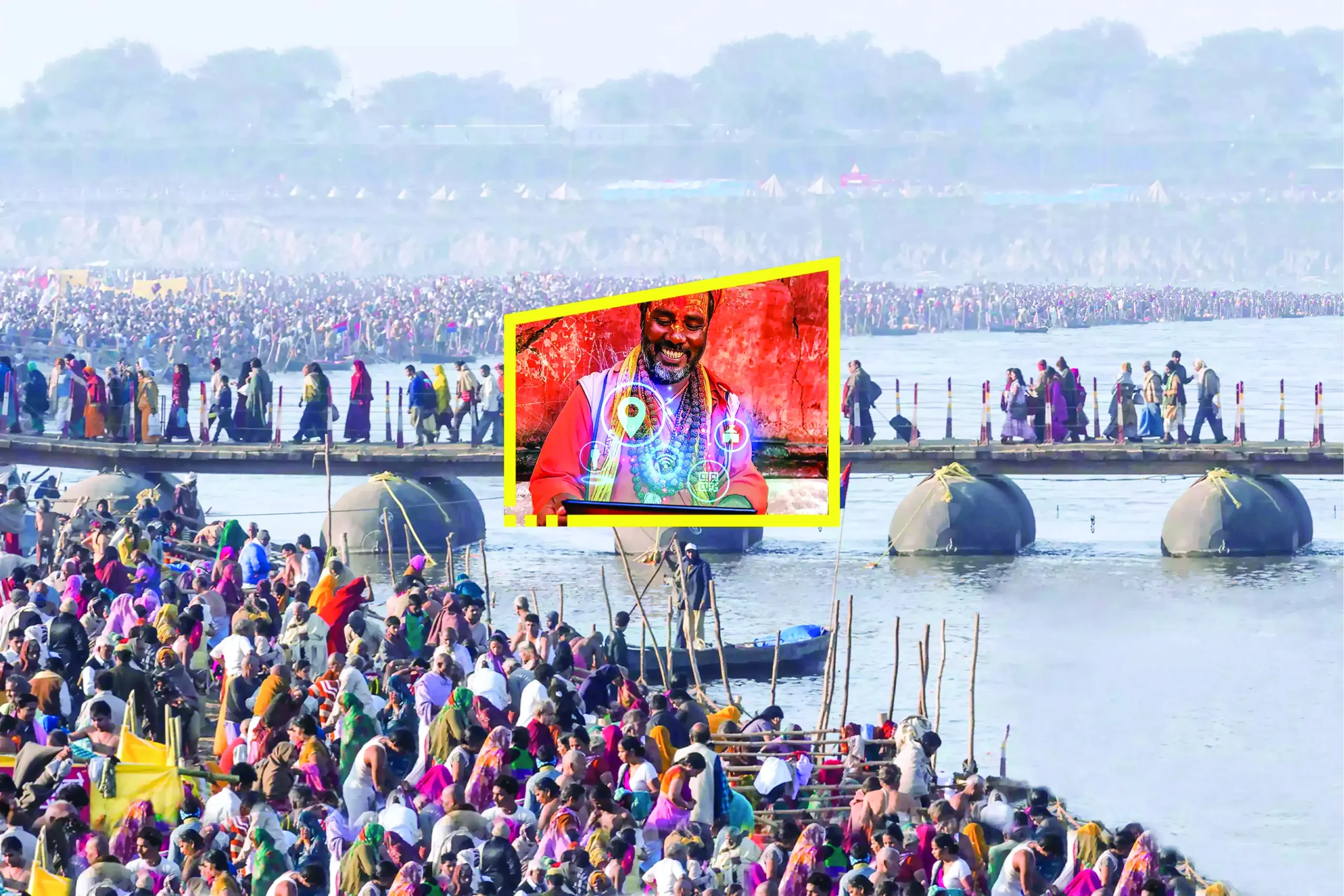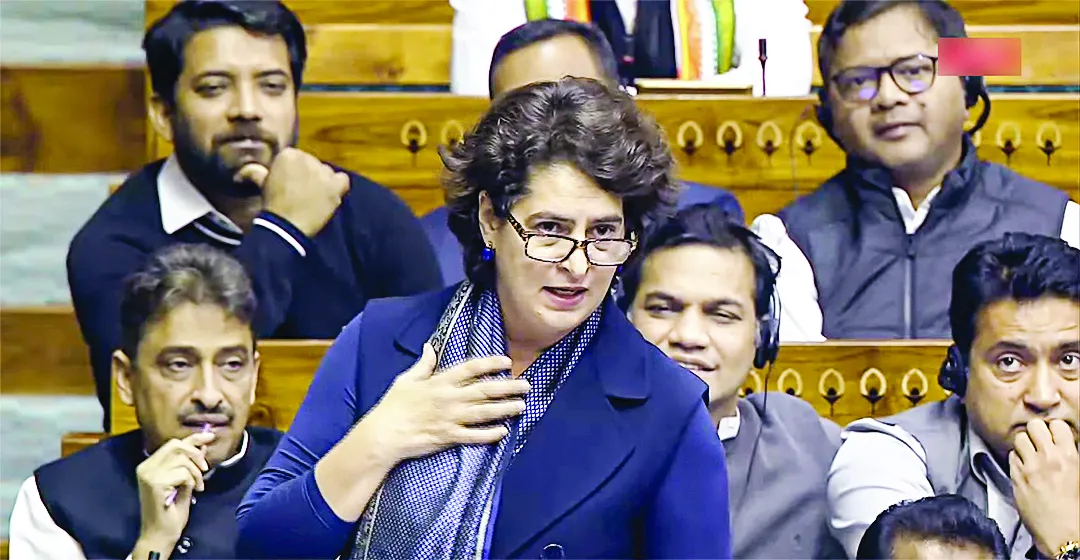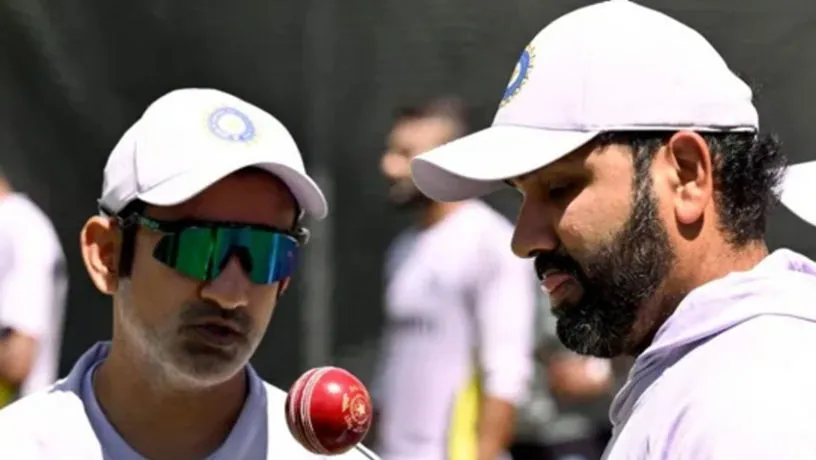An NFT or non-fungible token is a one-of-its-kind asset that is not interchangeable in nature. It is essentially a certification of ownership of assets, and like cryptocurrencies operate using the blockchain technology. In lay man’s language, NFTs are digital blockchain tokens that represent ownership of unique items, whether digital or physical. NFTs can represent a wide array of assets such as real estate, art and even music. Since each NFT is unique, they are unlike any fungible assets or currencies (for eg. rupee, dollar and bitcoin), where each unit is interchangeable with another.
NFTs debuted on the Ethereum network in August 2017 and among the first tokens was the digital collectible game called CryptoKitties. Since 2017, NFTs have evolved to include digital real estate, video games, digital art and music. The majority of NFTs function majorly on Ethereum’s blockchain as they create permanent digital records of all transactions using that cryptocurrency. They also create an indisputable ledger of NFT transactions. The creator of the NFT has the right to retain the copyright for it, as well as the right to duplicate it as many times as he/she wants. The creator may produce multiple copies of the original and if the buyer of the NFT wants to make copies, he/she needs to get permission from the creator and each is considered a unique NFT.
Similar to physical collectibles, replications are not as valuable as the original, and supply and demand impact the NFT’s worth. And in some cases, the creator also receives royalties each time an NFT is sold, though there is currently no universal system in place.
NFTS IN INDIA
India’s cryptocurrency exchange, WazirX, launched India’s first marketplace for NFTs. The platform allows the exchange of digital assets and intellectual properties, including art pieces, audio files, videos, programmes and even tweets alongside other digital goods and services. Indian creators can place their digital assets for auction over the blockchain-based NFT marketplace and earn royalty thereafter.
For transactions, i.e., sale-purchase of the NFTs, the crypto exchange charges a 5% fee to the seller, while no fee is charged at buyer’s end. When the transaction is complete, the NFT investment is credited to the buyer’s wallet.
NFT LAWS IN INDIA
While the government has not expressed clearly about its desire to ban NFTs, quandary over the details of the upcoming cryptocurrency Bill have cast doubt on its potential legality. In the absence of these details, one can look up to the draft of the ‘Banning of cryptocurrency and regulation of official digital currency Bill’ of 2019 to determine the steps that the government is likely to adopt in 2021.
In addition, there have been comments from the RBI and the government, that there is a framework being put up for cryptocurrencies or digital currencies. But there is no general prohibition as of now preventing an Indian resident from buying or selling NFTs. Also, for digital assets, as a whole, there is no framework for taxation, reliance on regular principles of the Indian Contract Act for the sale/purchase of goods is adherable.
Moreover, from the Indian perspective, the structural situation is unclear. As NFTs function like derivative contracts (contracts which derive their value from underlying assets) as per the Securities Contract Regulation Act. Legally, one can only trade derivatives on authorised exchanges such as for stocks or commodities but, to trade an NFT, there is a need for a decentralised exchange (DEX) which would work only as a matching platform for buyers and sellers. Like cryptocurrencies, NFTs are high-risk assets and retail investors should not indulge in them.
MONSOON SESSION 2021
The government is expected to present the Cryptocurrency and Regulation of Official Digital Currency Bill, 2021 in Parliament during the monsoon session that begins on 19 July. The crypto bill, according to its description on Parliament’s website, aims “to create a facilitative framework for the creation of the official digital currency to be issued by the Reserve Bank of India. The bill also seeks to prohibit all private cryptocurrencies in India; however, it allows for certain exceptions to promote the underlying technology of cryptocurrency and its uses”.
Ultimately, what is apparent is that given the ambiguity within the NFT and overall digital asset space, any future Bill would have to specify the legality of cryptocurrency-related assets. This would require the government to make a dedicated decision on cryptocurrencies.






















